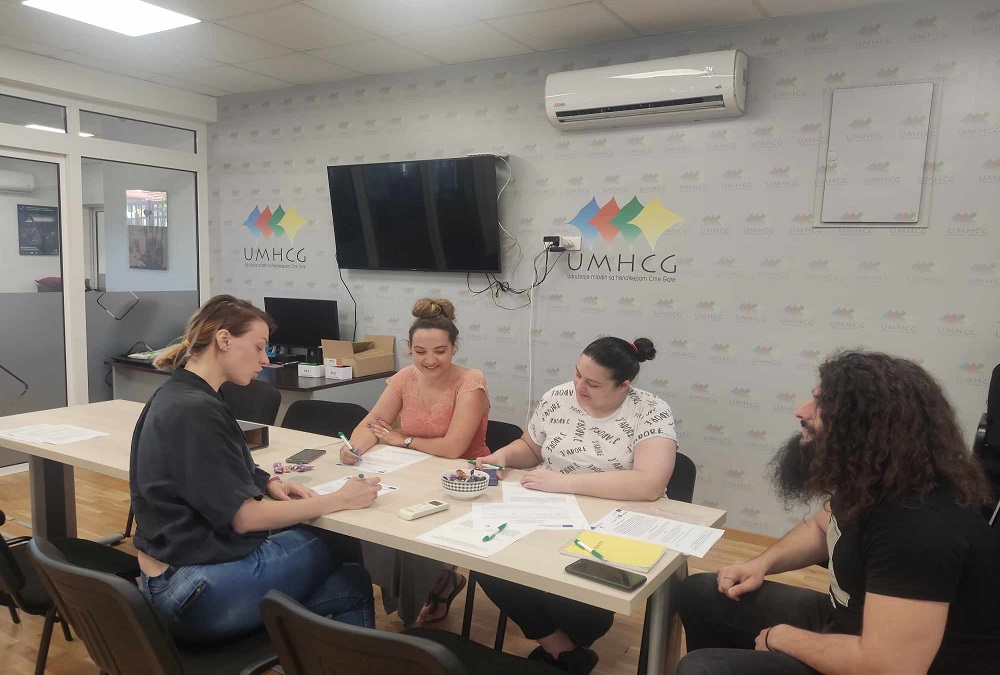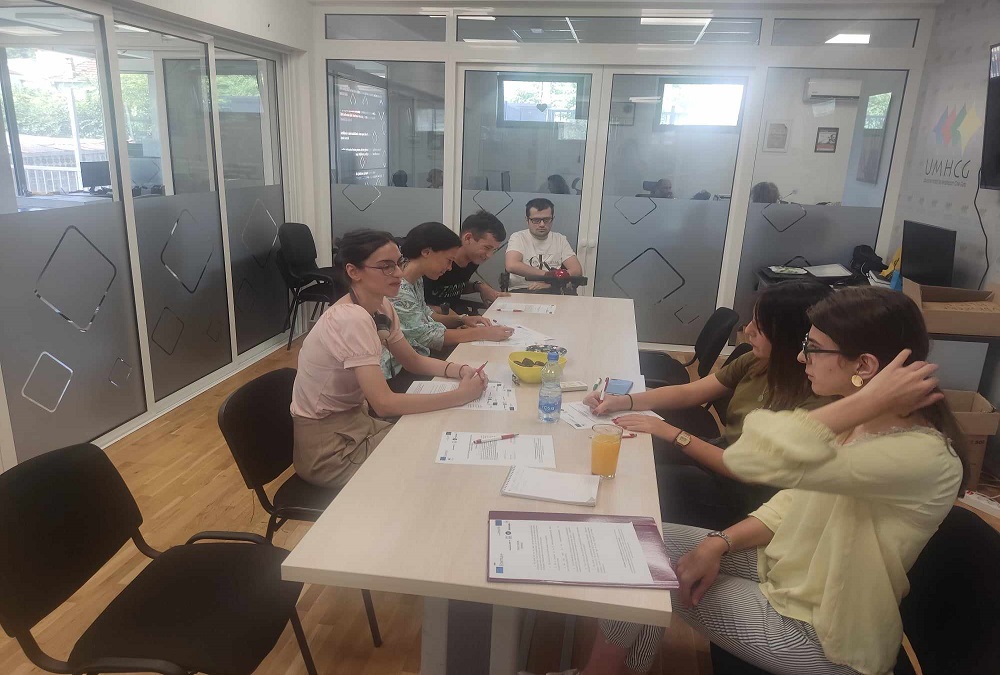The Association of Youth with Disabilities has organized three focus groups within the national research for In Touch in Montenegro

The Association of Youth with Disabilities of Montenegro (AYDM) as part of the preparation of the National Research, organized three focus groups with a total of 15 participants, of which five were youth workers and five trainers specialized in working with youth with disabilities and five youth with disabilities.
Based on the findings from the focus group discussions, it is evident that in Montenegro there are commendable practice models of informal education of persons with disabilities. The research revealed several key factors that contribute to the recognition of these models as exemplary in promoting inclusive non-formal education and encouraging the development of persons with disabilities.
The data collected during this phase of the research allowed the consortium to better understand the state of inclusion not only at the local level but also by comparing different national and international settings.
The development and organization of focus groups proved vital in assessing the viability and transferability of the practices found during the deskresearch phase, resulting in a more detailed analysis of the potential of each person.

A key conclusion is the following:
• There is a growing perceived need for disability communities to be more included in the decision-making process, especially when it is closely related to disability rights, and in general the life of persons with disabilities;
• Associations and non-government organizations play a key role in advocating the realization of the rights of persons with disabilities and creating an accessible and inclusive social environment; while the worrying data revealed by the research is the lack of active participation of state and local institutions in the implementation of such programs;
• Despite the efforts of various national and international entities in the search for social inclusion of persons with disabilities, these are local actions that very often, however good they may be, fail to properly involve some of the stakeholders, especially decision-makers;
• Equality of access to different areas of life (education, employment, social interactions, hobbies…) has greatly improved in the past decade, but is still not close to being properly achieved;
• The funds provided for the promotion and development of inclusive activities are generally insufficient, especially in local and rural realities, where access to financing opportunities is more difficult;
• Educators, both from formal and non-formal education, need a reliable source of information, training and resources that can help them work with people with disabilities;
• Approaches and methodologies originating from the world of non-formal education (such as multidisciplinary workshops and focus groups) are perceived by participants and professionals as more useful for the inclusion of persons with disabilities.
Based on the focus groups, as well as desk analysis, models and practices at the national level were recognized, characterized by their long-term commitment and adaptability to growing needs and contexts.
Ksenija Janković, Program Assistant of the AYDM
